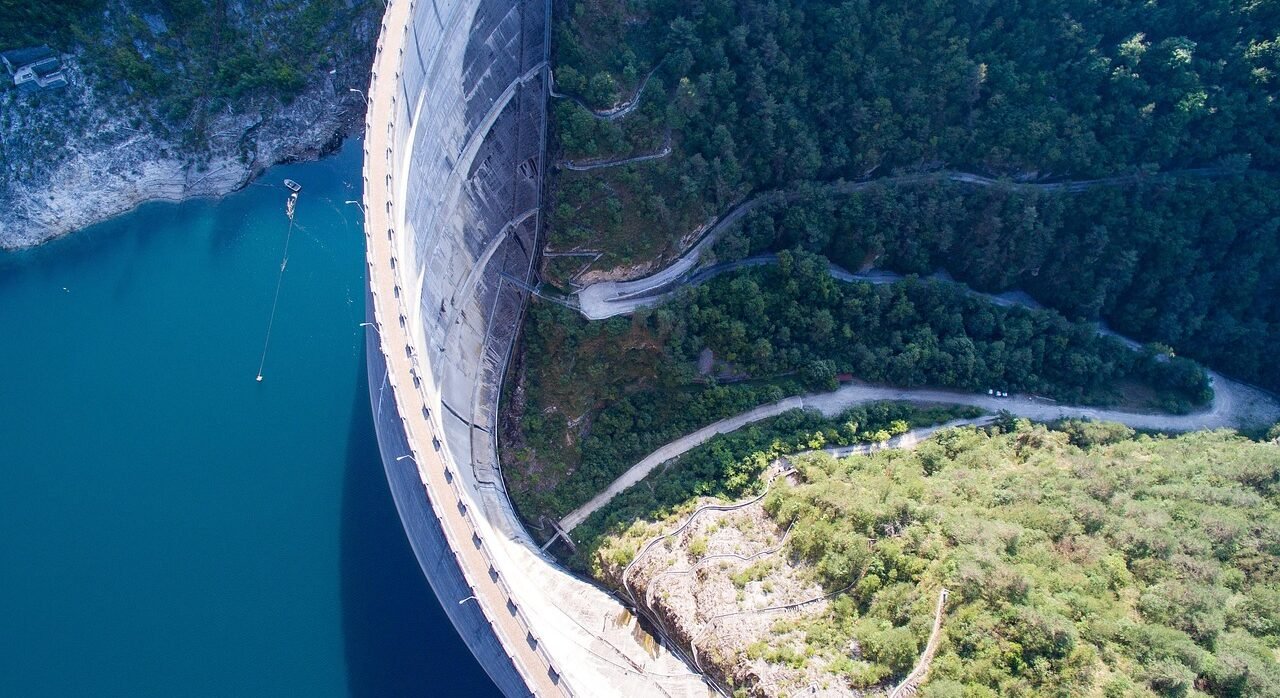Last Updated on August 13, 2025
Global Context: Why Water Matters More Than Ever
Water as a strategic resource has shifted from being a background utility to a front-line concern in global politics, economics, and security. Beyond energy and technology, water remains the one resource humanity cannot artificially produce at scale. Its scarcity now directly shapes economic strategies, investment flows, and political stability.
From Local Shortages to Global Economic Risk
Freshwater scarcity is no longer a problem isolated to drought-prone regions. Urban centers, industrial hubs, and even high-income nations are seeing pressure on water supplies. Climate change has amplified extremes—longer droughts, sharper floods—forcing cities and corporations to rethink how they manage water. Our research shows that Europe is one of the most endangered places on earth when it comes to fresh water.
Water scarcity affected 34% of the European Union territory during at least one season in 2022 according to the European Environment Agency. Despite water abstraction declining by 19% in the EU between 2000 and 2022, there has been no overall reduction in the area affected by water scarcity conditions. In fact, the situation has intensified since 2010. This, compounded with the fact that climate change is expected to further increase the frequency, intensity and impacts of drought events, makes it somewhat unlikely that water scarcity will reduce by 2030. Additional effort is required to ensure sustainable water use.
Water Infrastructure: From Public Service to Strategic Asset
Across the globe, governments are ramping up spending on dams, pipelines, desalination plants, and smart metering. For corporations, water management is now embedded into supply chain strategies and corporate risk models. Some firms even price water risk into financial forecasts, treating it like a volatile raw material.
Industrial Dependence: Energy, Food, and Technology
Water as a strategic resource underpins critical sectors:
- Energy — power plants require cooling water for safe operations.
- Agriculture — crop yields depend on stable and predictable irrigation.
- Technology — semiconductor manufacturing uses ultrapure water as essential input.
When water is unstable, production halts and profits shrink. The recent rise in technology also means huge amounts of fresh water are used in the big data centers around the world. One search with Chat GPT uses approximately 0.32 milliliters of water which doesn’t seem much, but there are 1 billion searches per day only with Chat GPT.
Regulation and the Politics of Water
Governments are stepping in with tighter wastewater standards, stricter extraction permits, and incentives for recycling. Such rules reshape market opportunities, creating new investment niches in water treatment, leak detection, and industrial reuse technologies. We think that in the future some of the wars in the world would be for water resources as the global warming continues to grow so politics will be tightly connected to water in some countries. Because of this investments in water preservation technologies and laws against wasting water will be crucial for societies.
The Water Technology Boom
A surge in demand for desalination systems, advanced membrane filters, ultraviolet disinfection, IoT monitoring, and drip irrigation is driving a new industrial sector. Countries that align infrastructure investment with smart technology will gain an efficiency edge—and potentially a geopolitical one.
Investment Opportunities and Risks
Investors have two major plays:
- Direct water sector exposure — utilities, infrastructure builders, treatment firms.
- Indirect beneficiaries — tech providers, industrial efficiency firms, and automation companies.
However, water remains a local risk. Scarcity and regulations vary widely from city to city, making geographic due diligence essential and your investment strategy should be tightly connected to where the companies you are interested in operate. An interesting “water” ETF is Fidelity Water Sustainability Fund (FLOWX). This fund invests in companies that are leading in water sustainability, including those involved in water purification, conservation, and infrastructure. It offers exposure to a global portfolio of water-focused companies.
Social License and Corporate Responsibility
Beyond profits, water is a reputational battleground. Communities often push back against projects that risk depleting local resources. Companies that invest in conservation, community water projects, and transparency often gain long-term operational stability.
Final thoughts: From Crisis to Competitive Advantage
Water as a strategic resource will shape markets, politics, and security for decades. The most forward-thinking governments and companies will treat water not as an afterthought but as a central pillar of resilience. In both public and private sectors, the winners will be those who build before the crisis hits—not after.

